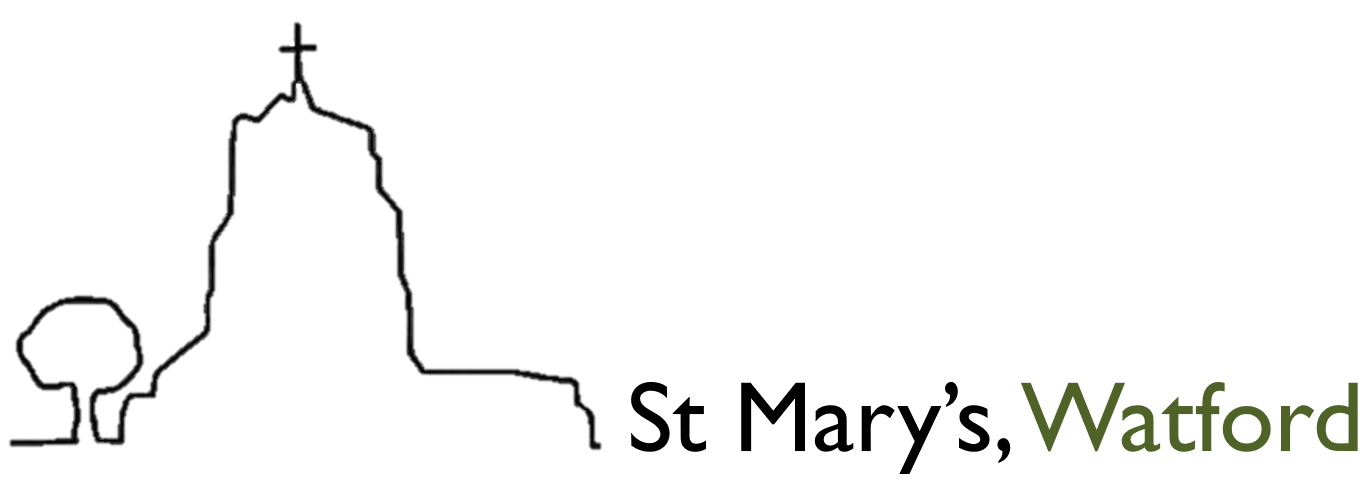An Easter Reflection
Our culture has assimilated the two great Christian stories and their associated festivals in
very different ways. Christmas is widely prepared for and celebrated, although now without
wide recognition of its religious significance. Even secular schools put on Nativity plays.
Easter is for most just a holiday, with chocolate eggs for the children. Schools do not think of
putting on Easter plays.
There are understandable reasons for this. A party is a welcome diversion in the cold of
winter and everyone can empathise with parents having a new arrival in difficult
circumstances. By contrast, we want to be out and about in the Spring and the Easter story
doesn’t have that basic appeal to human emotions. It is too far away from our experiences to
be assimilated into our culture.
However, the significance of the Easter story far outweighs that of Christmas. Important
theological lessons can be derived from the Christmas story as told, but if one were to
discover a credible account of the birth of Christ that differed from that in the Gospels, it
would not fundamentally undermine Christianity. The doctrine of the Virgin Birth might need
to be discarded and the divinity of Christ achieved by other means, but that would be it.
By contrast, the Easter story is the foundation of Christian belief. The physical death and
subsequent resurrection of Christ is the ground on which all else rests. If there were a credible
account of the events of that weekend that provided an alternative explanation, it would
render the whole of Christianity meaningless.
It is therefore remarkable that none of the critics of Christianity over the past 2000 years have
been able to offer such an explanation. Even more remarkable, those who were closest to the
action and stood to lose most in the aftermath of the that first Easter could not do it. There is
no indication in ancient writings of any attempt to deny the empty tomb. The only response
along these lines is in Matthew (28.13) who reports that the chief priests bribed the guards to
say that the disciples had stolen the body. But they were the last people to have done that.
They were depressed and frightened, having seen their Messianic hopes shattered on the cross
and knowing that they would be hounded by the Temple authorities. They had looked to a
Kingdom that threw out the Romans; they had no expectation of any bodily resurrection.
Who else might have done it? The Jewish religious hierarchy were pleased to have removed
someone who threatened their position – they were not going to do anything that would draw
further attention to Jesus. The Romans were only interested in civic order – a potential
agitator had been removed from the scene and that was a good thing. They also were content
that the tomb was the end of the story.
Are the Gospels wrong in what they report? Did they supress the inconvenient facts that
pointed in another direction? The Gospels were written during the lifetime of people who
could have been in Jerusalem that weekend (very elderly people in the case of John), and at a
time when the followers of Christ had no official power or important positions to defend.
Indeed, when the first three Gospels were written they had only recently been subject to harsh
persecution. So there was no reason to set down anything other than a true account of the
events – fabrications and suppressions would serve no purpose and would be found out. And
while the accounts of the first Easter Day differ in detail, the central fact of the empty tomb is
there in all four Gospels.
There is no indication in ancient writings that either that tomb, or any other, became a place
of reverence and pilgrimage. The tomb passes out of history – it had served its purpose and it
was accepted by all that it had no further significance. The body of Jesus was no longer to be
found on earth.
So the empty tomb stands witness, as a historical fact, to the Easter story. A man died, was
buried, but then broke the bonds of death. A unique event in the history of humanity - yet one
that seems not to resonate with most of our contemporaries. Maybe it is too far distant, in time
and in place. But a man who can achieve that is not to be ignored – then or now. A man who
can defeat death must be listened to. And the history of the early church, with its astounding
growth and its ability to overcome persecution, witnesses to the way in which people who
listened become convinced that something very special did happen on that first Easter Day
and that their lives were changed as a consequence.
Unlike the other great world religions, Judaism and Christianity are founded not on the
visions and sayings of humans but on historical events – the exodus from Egypt, the Exile and
the first Easter – and all that followed from them. That is not to say that other religions have
no insights into the state of humanity, but these rest on human perceptions and inevitably
therefore are more open to debate. The empty tomb is not a matter of debate – it was (and is)
historical reality. It challenges everyone to come their own view about the man who was laid
in it and rose from it – the man who did something utterly unique in the history of humanity
and who because of that speaks to us now.
Happy Easter.
